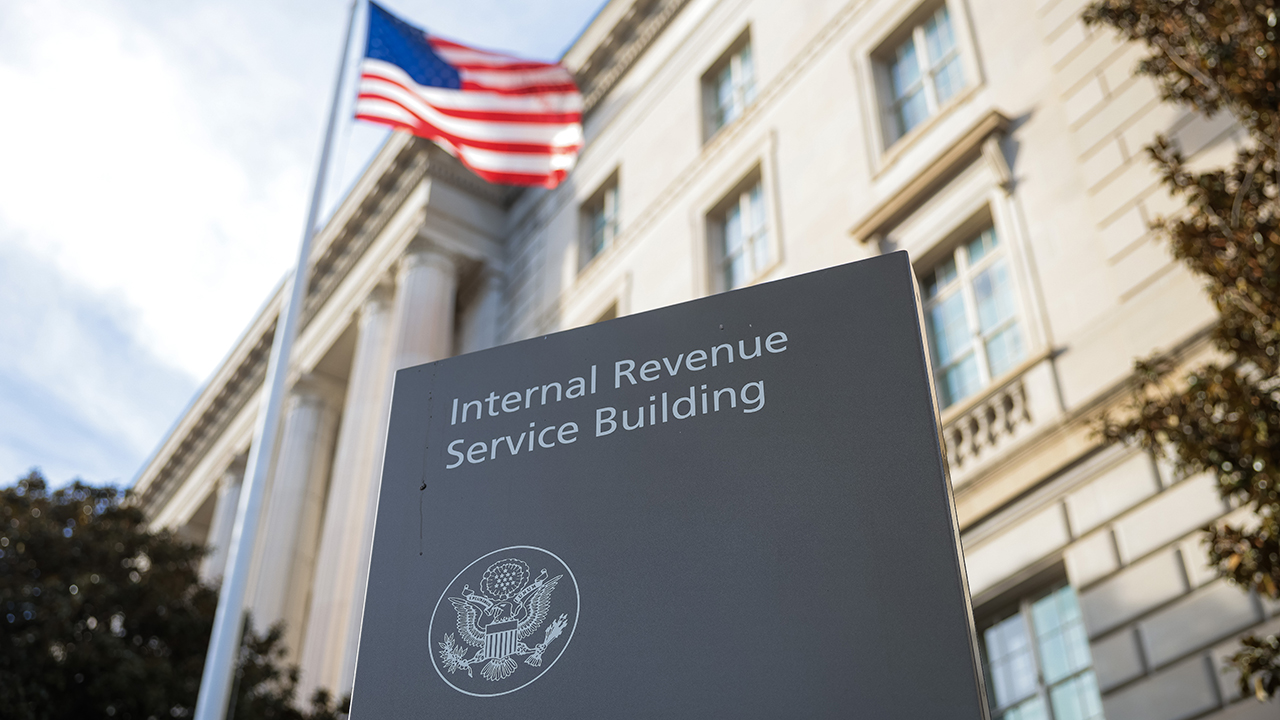Top Countries for Company Formation in 2025: Where to Start Your Business

Ready to have a Global Company Registration? The world is full of opportunities for entrepreneurs, but not all countries offer the same playing field. While some nations pave the way with low taxes, fast-track registration, and access to global markets, others weigh you down with red tape and complexity. Choosing the correct country to launch your business isn’t just about wealth or development; it’s about opportunity, support, efficiency, and long-term growth. In this guide, we will unveil the top destinations where innovation thrives, businesses grow faster, and your entrepreneurial journey gets the boost it deserves.
If you’re aiming to build smart and scale fast in 2025, this is your roadmap to the world’s most business-friendly countries.
What Makes a Country Best for Business?
Choosing the best country to register a company involves assessing several critical factors that directly impact your business’s success, scalability, and profitability. We will discuss the key aspects to consider when selecting an ideal business location.
-
Corporate Tax Rates:
It is essential to understand that minimum corporate taxes result in higher profit margins and enhanced cash flow. However, Singapore offers a 17% corporate tax rate, making it an attractive destination for global entrepreneurs. Another beautiful destination is Ireland, which has a 12.5% corporate tax rate and is drawing major multinational corporations.
-
Business Rates & Operational Costs:
Business rates consist of property taxes, municipal charges, and additional operational fees imposed by local authorities. However, in the UK, regional differences in business rates provide chances for cost savings, with some areas offering tax reliefs as well. On the contrary, if we consider cities like New York and San Francisco in the US, which have high commercial property taxes, this drastically elevates operational costs. Analyzing regional differences helps ensure that your operational expenses align with your financial plans.
-
Economic Growth & Stability:
Strong GDP indicates the economic health and market potential of a country. Moreover, countries like India and China boast persistently high GDP growth rates, specifying multiple market opportunities for new businesses. In contrast, countries with slow-growing economies indicate limited opportunities and reduced consumer spending power. Thus, selecting economically stable countries guarantees long-term business sustainability.
-
Market Competition:
Knowing market competition helps you identify where you stand out among others. The reason is that market saturation directly affects your business’s ability to succeed. However, if we evaluate Silicon Valley, we can see that intense competition in the tech sector creates significant entry barriers for new players. Conversely, emerging markets in Southeast Asia provide minimal competition and better growth opportunities.
-
Infrastructure Quality:
To ensure smooth business operations, it is essential to have the best transport, telecom, and utility infrastructure. Countries such as Japan, Germany, and the Netherlands rank high in the World Economic Forum’s infrastructure index, primarily due to their advanced transportation systems, reliable energy supplies, and breakthrough internet connectivity. Investing in countries with robust infrastructure can help reduce logistical delays and improve operational efficiency. It’s undoubtedly a smart move for long-term success.
-
Business Costs:
Setting up your business costs include company registration fees, permits, and licensing expenses, which vary by country. In Portugal, the registration costs are approximately £360 and can be completed within 1-2 days, creating an efficient environment for start-ups. Singapore provides optimized processes at approximately $GD 315, which takes 1-3 business days. Starting a business in Switzerland can cost you a lot because there are many rules you need to follow, and it’s also expensive to live there.
-
Skilled Workforce:
Having a talented workforce and truly prioritizing employee well-being are key ingredients for achieving lasting business success. Switzerland, Norway, and Denmark consistently rank high in terms of employee satisfaction and work-life balance.
-
Innovation:
Countries that prioritize technological innovation and digital infrastructure are best suited for start-ups. However, South Korea and Estonia are renowned for their cutting-edge digital infrastructure and supportive government policies for tech start-ups.
-
Access to Funding:
If funding programs are available, they can enhance business growth. The UK and the US offer extensive funding ecosystems that involve angel investors, venture capital firms, and start-up accelerators.
Company Formation 2025 is not just about launching your business on various platforms, but it is also about thorough planning. When you think about important factors such as market scalability, investor appeal, and regulatory clarity, it really helps to understand whether selling, merging, or going public in the future could be a successful path for you.
Let’s explore the countries that are perfect for starting your business.
-
Singapore:
Singapore is renowned for its political stability, cutting-edge infrastructure, and favorable business policies, making it one of the top destinations to start a business in 2025. It also provides opportunities for growth and scalability for all entrepreneurs. Singapore allows firms to set up in just 1 to 3 days with the help of an effective digital registration system. Situated in the vibrant heart of Southeast Asia, it offers access to an impressive market of over 650 million people.
Singapore boasts one of the most competitive tax regimes globally, primarily due to its 17% corporate tax rate. Another strong feature of Singapore is its robust intellectual property (IP) laws, which safeguard businesses’ innovations, designs, and technologies. This comprehensive legal framework boosts every investor’s confidence and creates a secure environment for tech- and research-driven enterprises.
-
India:
India has consistently ranked as one of the best countries to start a business in 2025, due to its vast consumer market, skilled workforce, and government-backed start-up initiatives. The country offers numerous opportunities for growth and innovation, boasting a consumer base of over 1.4 billion people. India’s start-up scene is expanding, with the number of start-ups increasing each year, according to NASSCOM. Cities like Bangalore, Hyderabad, Delhi, and the surrounding area (NCR) are becoming the leading centres in the world for new technology and innovative start-ups. Start-ups in India offer benefits including:
- Tax exemption for eligible start-ups for up to 3 years
- Access to government-backed funding schemes and venture capital opportunities.
- Streamlined regulatory compliance processes
The above benefits help in minimizing entry barriers and create a supportive environment for entrepreneurs.
When we discuss skilled professionals, India is the place that comes to mind. Their labour costs remain low compared to those in developed economies, providing significant cost benefits when evaluating top-tier talent. India has a diverse range of cultures and regions. This allows businesses to build products and services tailored to the specific needs of various groups of people. If companies understand and respect these cultural differences, they can foster stronger relationships with customers in those regions.
-
China:
China is recognized as one of the best countries to register a company due to its strong manufacturing sector, vast consumer market, and booming innovation hubs. China keeps global entrepreneurs and investors engaged with its dynamic economy and strategic government initiatives. China has a population of 1.4 billion people, making it one of the largest consumer markets in the world. This place has become ideal for businesses due to its advanced supply chains, cutting-edge infrastructure, and skilled workforce labor. However, the Chinese government fosters entrepreneurship through initiatives like:
- Tax incentives for technology and innovation-focused startups
- Access to government-backed funding programs
- Infrastructure development and special economic zones
China is making significant strides in its digital transformation, with advanced 5G networks, mobile payments, and smart city technologies being widely adopted. Platforms like Tencent, Alibaba, and Jd.com have transformed e-commerce and digital services, setting up global benchmarks. To achieve complete business success, it is essential to understand China’s cultural landscape and business etiquette. Building and establishing trust with local partners plays a crucial role in long-term business sustainability.
-
Philippines:
The Philippines is also advancing thanks to its skilled, English-speaking workforce and low business costs. According to the Philippine Statistics, the business outsourcing industry, where companies hire other companies to perform specific tasks, significantly contributes to the country’s economic growth. It also employs over 1.3 million people and makes a substantial contribution to the country’s overall economy. The increase in entrepreneurial ventures, such as BPO and IT, presents significant opportunities. Moreover, following local business regulations, such as labour laws and tax compliance, is also vital.
-
Vietnam:
Vietnam’s economy is also growing rapidly and enticing considerable foreign investment. The government is promoting growth through favourable policies and trade agreements, such as the EU-Vietnam Free Trade Agreement (EVFTA), which has enhanced exports and investments. Starting a business in Vietnam takes about 20 days, yet it continues to attract attention due to its rapid development and inviting investment climate that offers numerous benefits.
-
United States:
Due to the robust economy, culture of innovation, and entrepreneurial spirit, the US is known as one of the ideal countries to start a business. It is worth noting that small businesses are the pillar of the U.S. economy, and with more than 33.3 million small enterprises, they account for 99.9% of all businesses in the country. However, these businesses also significantly contribute to employment, accounting for 45.9% of the US workforce and playing a crucial role in driving overall economic growth. In recent years, small businesses have created an impressive 12.9 million new jobs, showcasing their incredible resilience and importance to the community.
The United States is globally recognized for its contributions to innovation, research, and technological advancements. Additionally, the government fosters businesses through generous Research and Development (R&D) tax credits, ranging from 5% to 10% at both the state and federal levels.
-
Canada:
Canada, known for being one of the largest countries by land area, also shines with its stable economy, attractive corporate tax rates, and robust global trade connections. Their skilled workers and excellent education system make it the best choice. However, Canada’s immigration policies are among the best in attracting international talent. They achieve this by retaining skilled workers, which leads to a boost in the economy. The education system in Canada is of high quality and prepares a workforce that is ready for the competitive global market.
-
United Kingdom:
The UK, with a population of 67 million, serves as a central hub, boasting a strong financial sector, supportive entrepreneurship policies, and a well-maintained legal framework. Even after facing economic challenges such as the pandemic and Brexit, UK business owners remain optimistic about growth. In addition to this, they also pay heed to diversifying their operations, expanding into new business markets, enhancing their digital footprint, and improving their financial management.
The UK’s competitive tax environment features a corporate tax rate of 19% and robust regulatory frameworks, making it an attractive destination for business. It also provides valuable support for innovation through initiatives such as the Enterprise Investment Scheme (EIS) and research and development (R&D) tax credits. These programs encourage investment in exciting start-ups and creative projects.
-
South Korea:
South Korea proudly stands as one of the leading global tech centres, thanks to its innovative infrastructure, state-of-the-art facilities, and a vibrant research and development environment. Its major success is due to its utter government support for start-ups as the government creates more policies to drive innovation, provides start-up incentives, and opens a friendly market for new tech developments.
Key Takeaways:
Choosing the right country to start your business is essential for lasting success. You should consider multiple factors, including economic indicators, government regulations, and market conditions. Understanding these factors can help you select a location that meets your company’s requirements. Evaluate the financial health of the places you are considering by examining their GDP growth, inflation rates, and job market statistics.
Consider financial matters such as banking, venture capital, and tax benefits. Understanding these factors is crucial for your company’s economic well-being and growth. Don’t disregard the culture and market trends that help you stay ahead of the curve. All these factors would not just help you pick a country that meets your needs but also foster your future business goals.
The post Top Countries for Company Formation in 2025: Where to Start Your Business appeared first on Open a European Company.
















































